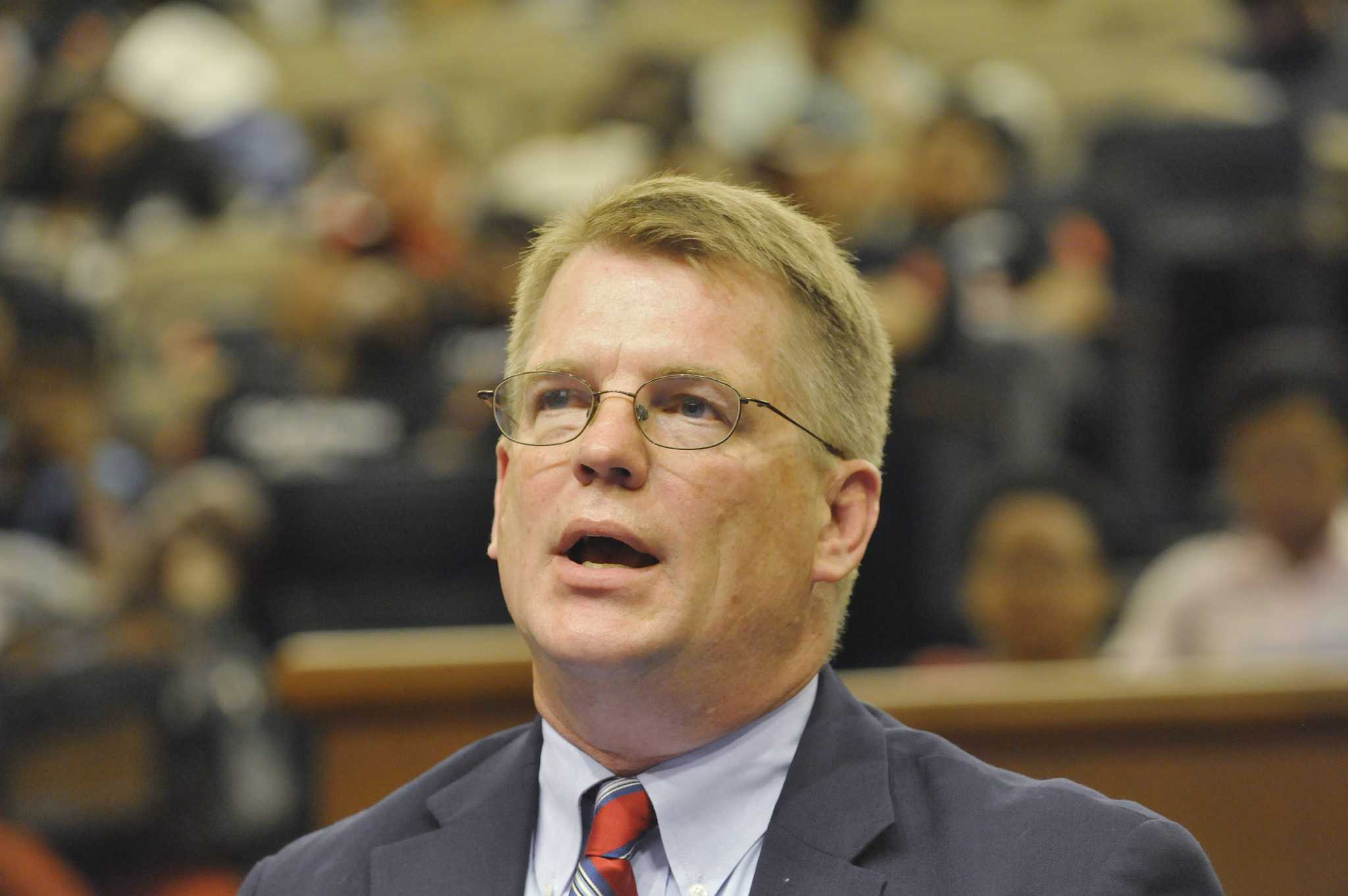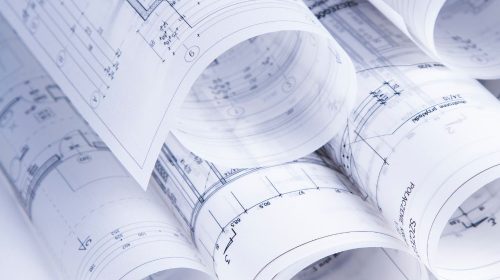Colonie – New York businesses are still reeling from the height of the COVID-19 pandemic, two years ago, with ongoing supply chain shortages, high costs and difficulty finding workers.
And now, they are being hit with what could be called the government’s covid tax.
Businesses across the state recently learned that they will pay an interest survey surcharge of $27.60 per employee until Sept. 30.
The money goes to the state Department of Labor, which in turn will use it to pay interest on nearly $8 billion the state owes to the U.S. Treasury.
During the worst of the pandemic, New York had to borrow a total of $9.9 billion at 2.27 percent interest to pay unemployment benefits to the thousands of people affected by COVID and its service shutdowns.
Paying $27.60 per person won’t break the bank. But business people and advocates say New York has not used any of the interest on millions in COVID relief money from Washington, D.C., despite borrowing money from more than 30 states.
“Elected leaders in New York had the opportunity to use billions of dollars in federal pandemic aid to pay off the state’s unemployment insurance debt and the interest on that debt to prevent these additional payments from hitting business mailboxes,” state spokeswoman Ashley Ranslow said. Office of the National Federation of Independent Business Organizations. “Instead, the state abdicated and left hardworking small business owners to foot the bill.”
The assessment is adding insult to injury, and New York business operators say it’s another cost that those in other states have missed.
“$27.60 is not a big deal, but you could say unemployment insurance taxes have gone up significantly,” said Ken Pokalski, vice president of the New York State Chamber of Commerce. “It’s also about other things that are highly elevated.”
“They thought they paid taxes and now they owe more,” Pokalski said, adding that unemployment insurance taxes could increase next year, as they did this year.
“It’s disturbing because of the feeling that businesses are going to go away, no problem,” said Peter Elitzer, who operates Peter Harris discount clothing stores in the Capital Region and Label Shopper stores in several other states. “We don’t have a lot of room to say, ‘Oh well, we’re going to raise our prices to cover our costs,'” he said.
Elitzer has clothing stores in several states, including Vermont, Indiana, West Virginia, North Carolina, Michigan and Ohio, and only New York is requesting an interest assessment.
His company employs about 250 people in New York, out of a total of 600.
“Their budget is strapped for cash and they’re trying to find some other back-end way to get more taxes from business,” Elitzer added, referring to the state’s $220 billion budget, which has swelled this year with federal money to fight the epidemic.
We are especially disappointed that New York State is not using the Covid relief funds as we face high inflation and a potential recession. This is not the first time this has happened and we fear it could continue for many years, added Erika Komoroske, a spokeswoman for Stewart’s convenience stores, which employs about 5,000 in New York.
At $27.60 each, that adds up to a $138,000 invoice for interest assessments.
Tracy Snell, who runs Snell’s Septic Services in Greenwich, Washington County with her husband, has five employees, so the needs assessment surcharge is only $138.
But it is rising between workers’ compensation and regular unemployment insurance tax payments of more than $7,000 a year.
Moreover, Snell’s company was not closed during the epidemic. They were considered essential workers and putting a city septic company out of business would obviously cause a lot of trouble for people.
“We were still working, so we didn’t get anything.” She said the federal dollars were meant to keep people on the job.
‘Pay interest’
New York borrowed money from the US Treasury to meet unemployment benefits, including in the years after the 9/11 attacks and the 2008 financial crisis. The loans after 2008 were not fully repaid until 2015.
Legislators have noticed, although they have presented different approaches.
State Senate Republicans, the minority, recently asked Gov. Kathy Hochul to stop collecting the assessment money.
“Putting this financial burden on the backs of New York businesses … is unconscionable when so many face additional operating costs,” said Senator Pat Gallivan of Western New York, a member of the Labor Committee.
North Country Democratic Assemblyman Billy Jones called for the state to step in.
“What we’re arguing here is for New York State to at least spend some money to pay the interest on this debt so it doesn’t go to our small business owners,” he said.
“Our office is closely monitoring unemployment insurance claims in close coordination with the Department of Labor,” Hochul spokesman Justin Henry said. Henry said the state has funded more than $1 billion in covid recovery programs. Most of it is federal money.
But some believe federal Covid relief funds should be used for purposes such as rehiring local government workers who have been laid off over the past decade.
“Using the Unemployment Insurance Trust Fund to pay down the debt[of the U.S. rescue plan]will take money that was previously saved as well as money that is currently being used to fund public employment and strengthen public goods and services,” concluded the Progressive Economic Policy Institute. A study on the subject last year.
America’s Recovery Plan is a federal law enacted in 2021 to help communities, local and state governments, and people and businesses pay some of the costs of the pandemic. Business advocates believe some of the money should have gone to interest payments.
Assembly Speaker Carl Hastie said he thinks the federal government should end up paying more for interest costs than the states.
The Democrat recently said that not all states had the same “level of difficulty” with lockdowns as New York.
“I believe the federal government should eat this cost,” Heasty said.
In any case, it was, and remains a big expense.
According to the state Department of Labor, New York owes the federal government only $162 million in interest for 2022.
rkarlin@timesunion.com 518 454 5758 @RickKarlinTU













